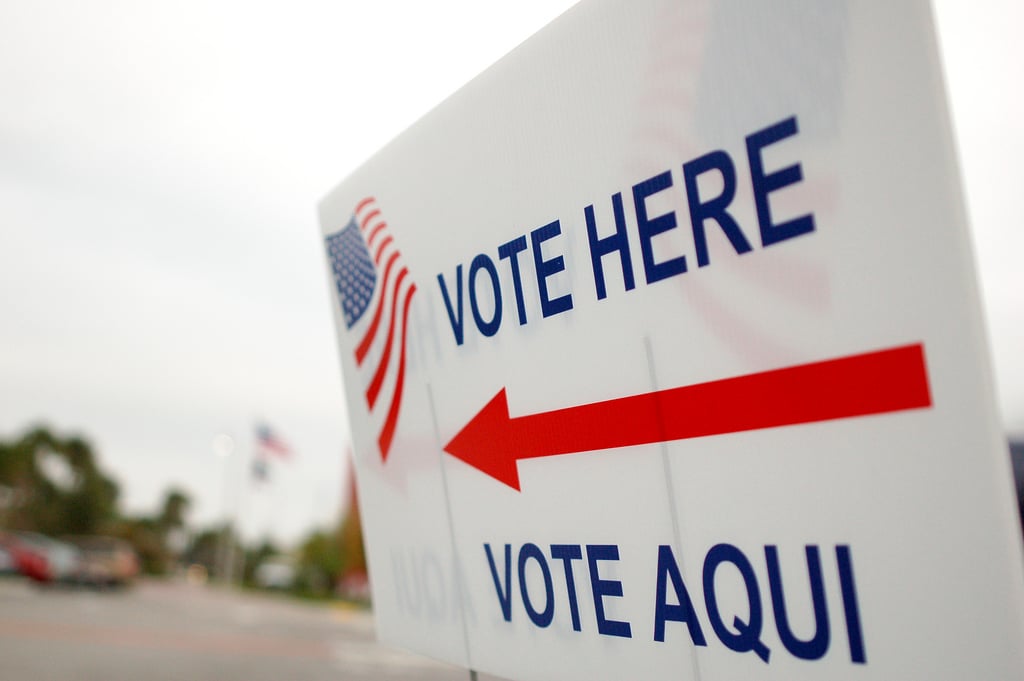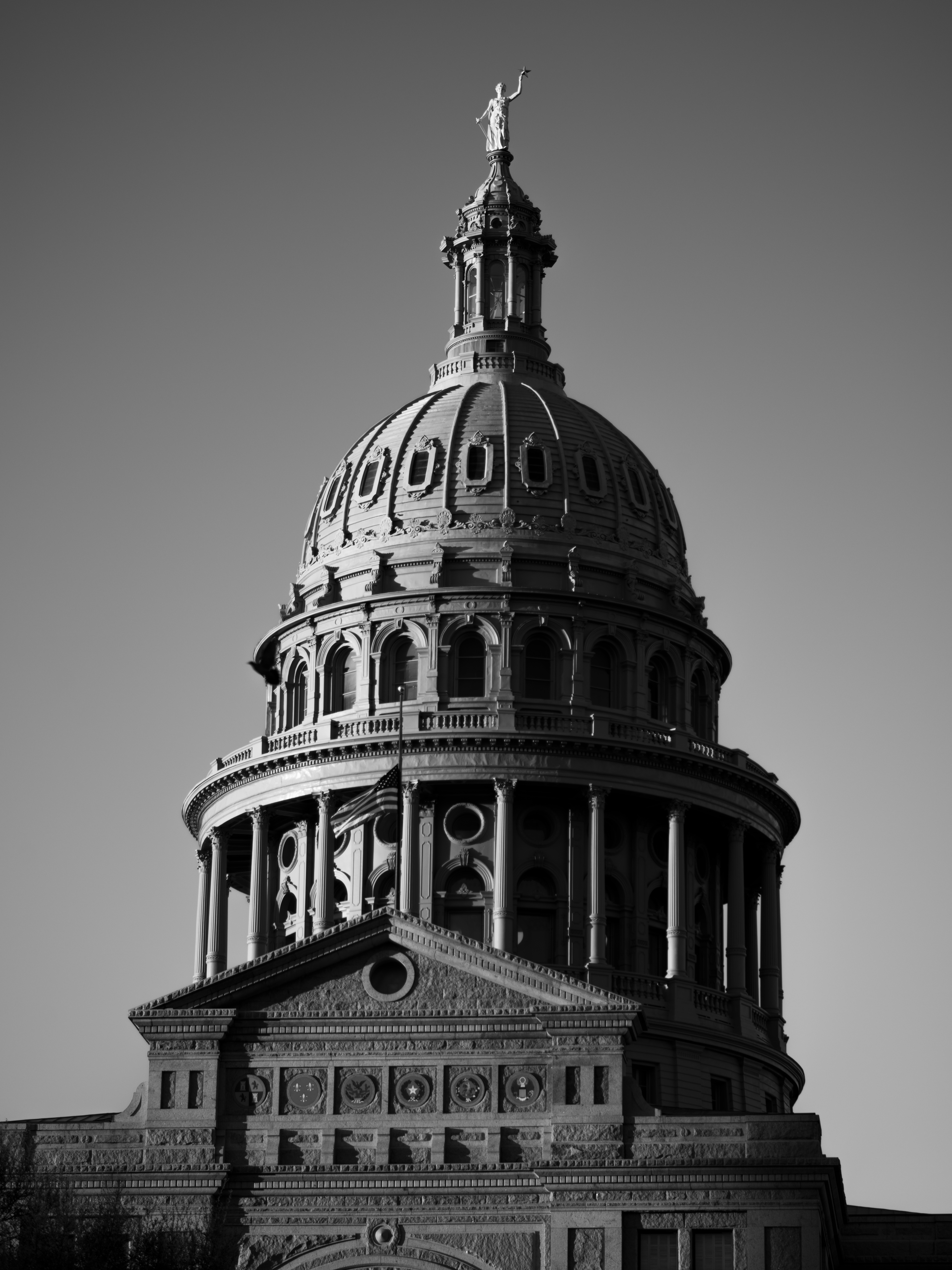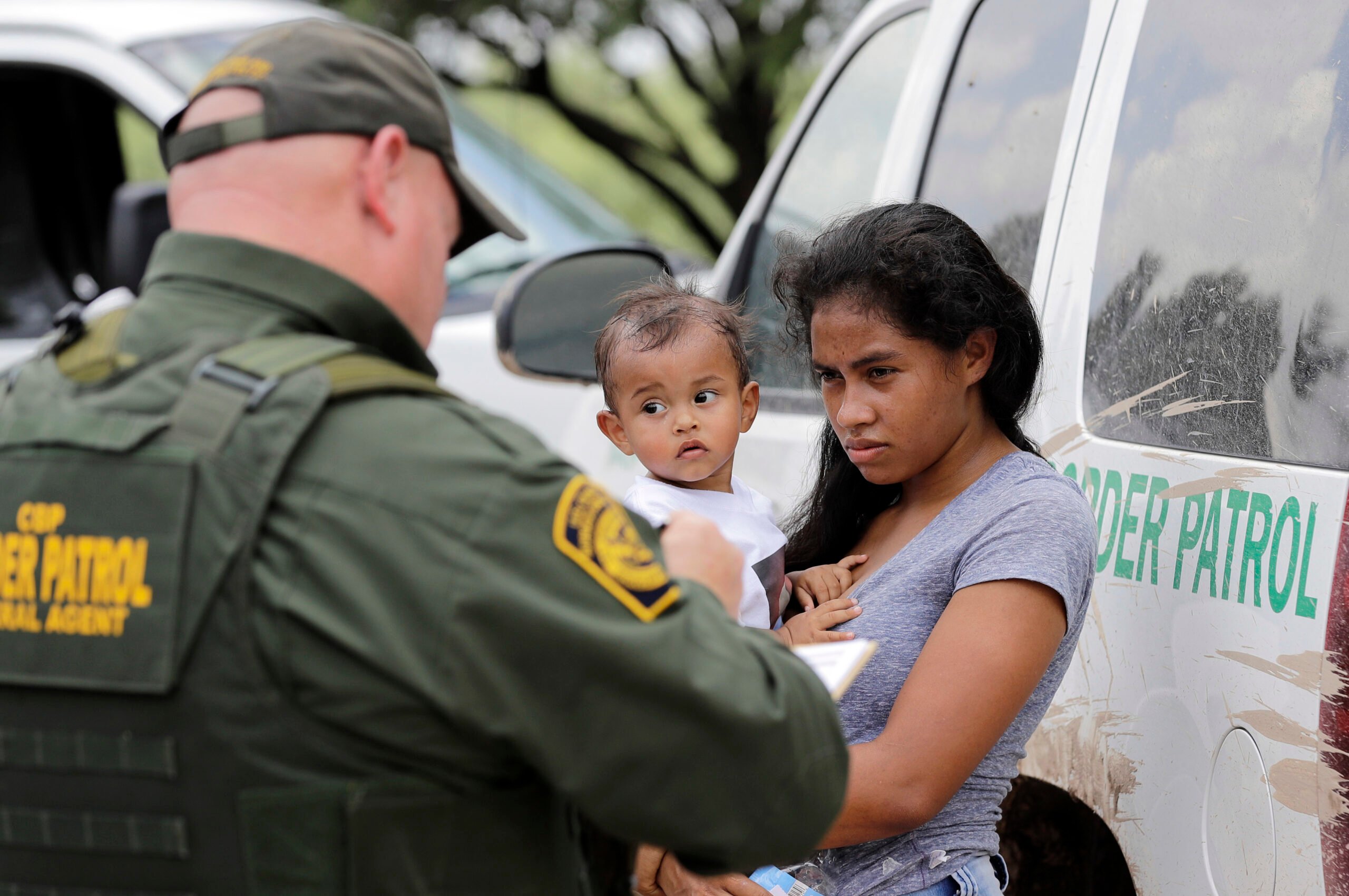
Texas Has Issued Seven Times More Auctioneers’ Licenses than Voter ID Cards

It’s another election season in Texas. Another year that we’re on track to maintain the nation’s most dismal voter turnout.
One difference this year is that voters are now required to present photo ID at the polls, the result of Republican-authored legislation ostensibly to deal with the diminishingly small number of voter fraud cases. It’s difficult to say what effect the voter ID requirement is having, though even some Republican state officials apparently knew that more than half a million registered Texas voters—disproportionately Hispanic and African American—lacked the credentials to cast ballots but didn’t bother to tell lawmakers.
One thing is certain: Very, very few Texans have gotten election identification certificates (EIC), the new state-issued form of photo ID for those who don’t have it—340 Texans, to be precise.
That’s less than two thousandths of a percent of Texas’ voting age population. That’s only a little more than one EIC for each of Texas’ 254 counties. And many counties haven’t had a single citizen obtain an EIC. Another way to slice the numbers: There are more licensed auctioneers (2,454) in Texas than there are people with EICs—more than seven times as many in fact. In Harris County, with more than 4.3 million people, a poverty rate of 18 percent and 70 percent people of color, there are 186 licensed auctioneers but just 21 EICs. There are more licenses for boxing judges in Lubbock County (4) than there are voters with EICs (3). There are more licensed elevator inspectors in Dallas County (35) than voters with EICs (28). And so on….
“It’s heartbreaking,” said Myrna Perez, deputy director of the voting rights project at the Brennan Center for Justice. “The information about the EIC has been dreadful. Nobody knows about it.”
There’s also the issue of cost and convenience. An estimated 400,000 eligible voters face round trips of three hours or more to get a photo ID from a Texas Department of Public Safety office, a fact noted by Supreme Court Justice Ruth Bader Ginsburg in her stern dissent from a recent ruling leaving Texas’ ID requirement in place for this election. Most people will need a birth certificate to get an EIC, which can be costly and time-consuming to obtain. And an EIC really comes into use a few times a year at most.
“You can’t use the EIC for anything other than voting,” Perez said. “It’s a pain in the neck to get and then you can’t use it for anything else.”
It’s possible that folks were able to obtain another of the seven approved forms of photo ID. DPS reports that it has received 1,850 inquiries about voter ID and “many of the individuals” already had the photo ID they needed to vote. But it seems much more likely that the paltry number of EICs so far means that significant numbers of people who would otherwise be voting, simply aren’t.
With so few EICs issued it’s hard to see any particular patterns in this geographic breakdown. Hidalgo County, one of the poorest and most Hispanic-heavy parts of the state, leads with a whopping 41 EICs. The other big urban counties share double-digit numbers of EICs, whereas rural counties show just a handful apiece—or none. According to DPS’ data, three quarters of all Texas counties—190—didn’t report a single EIC.


